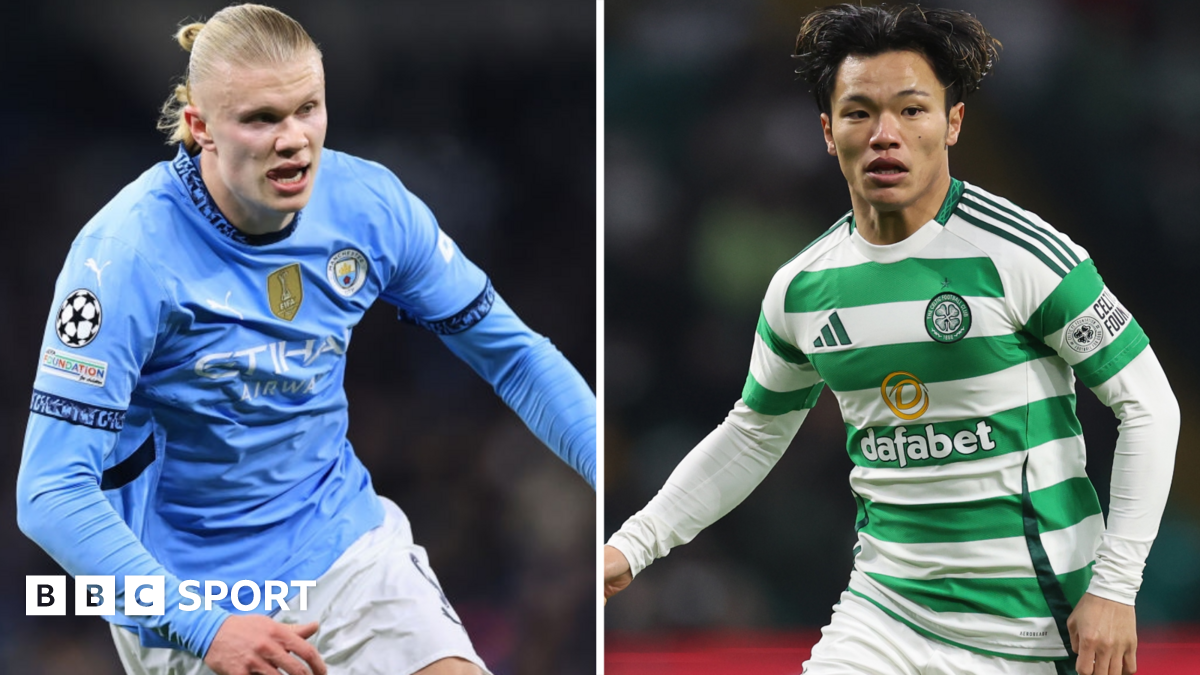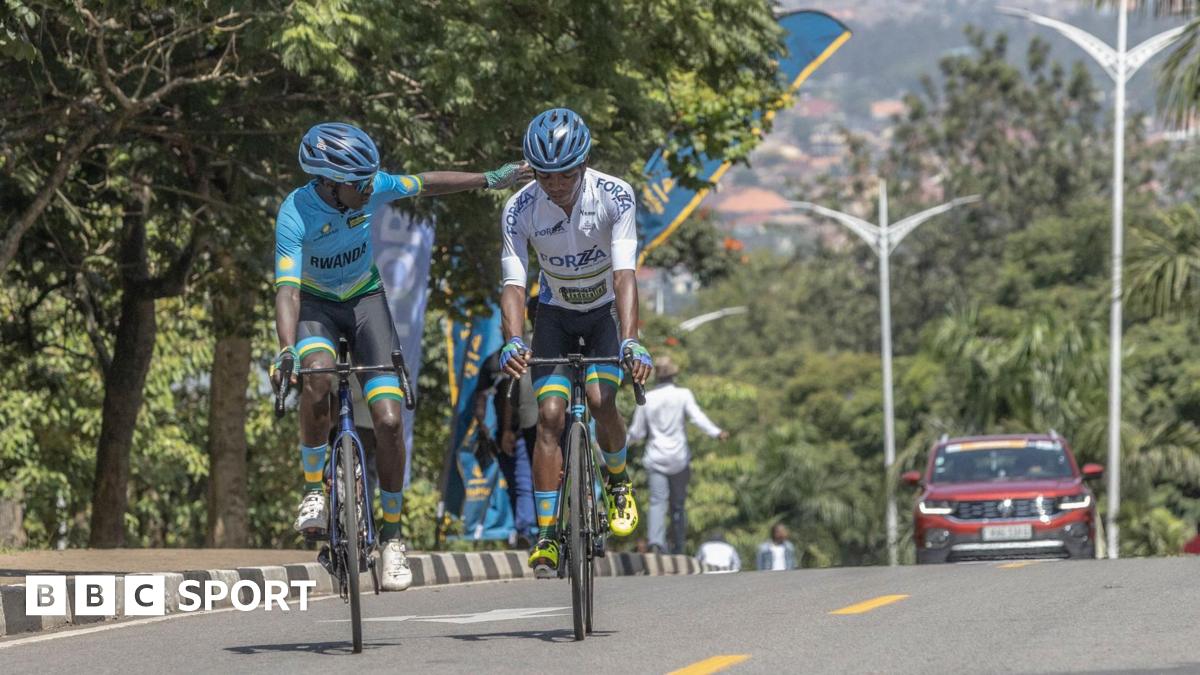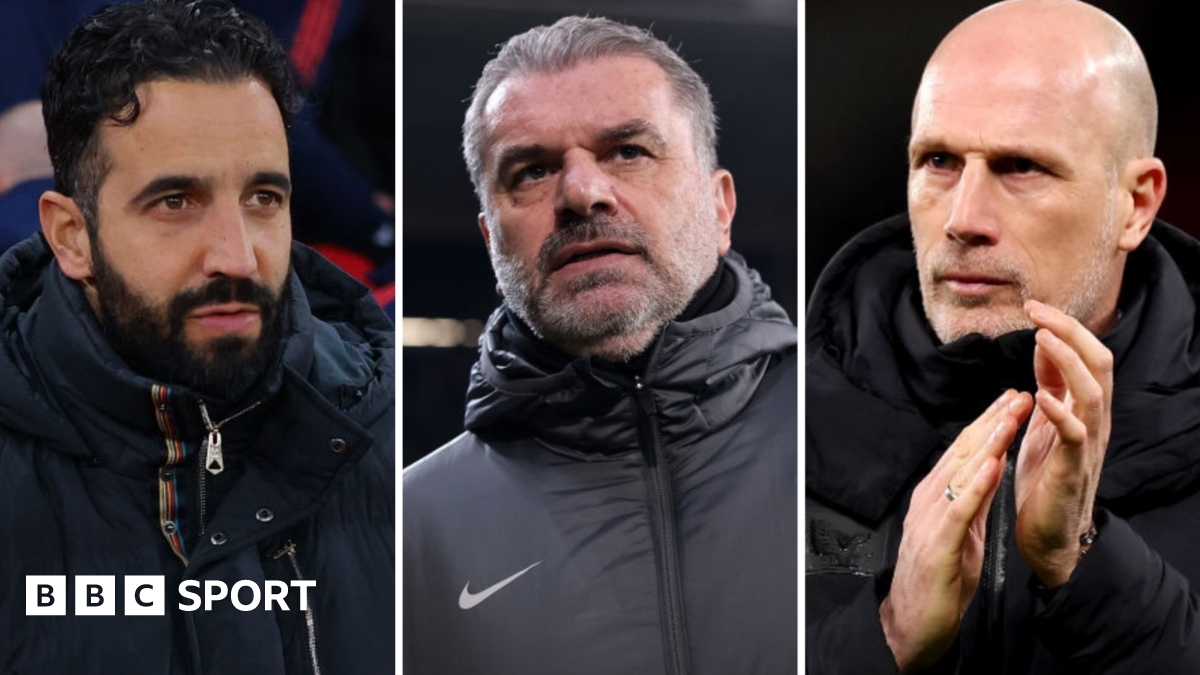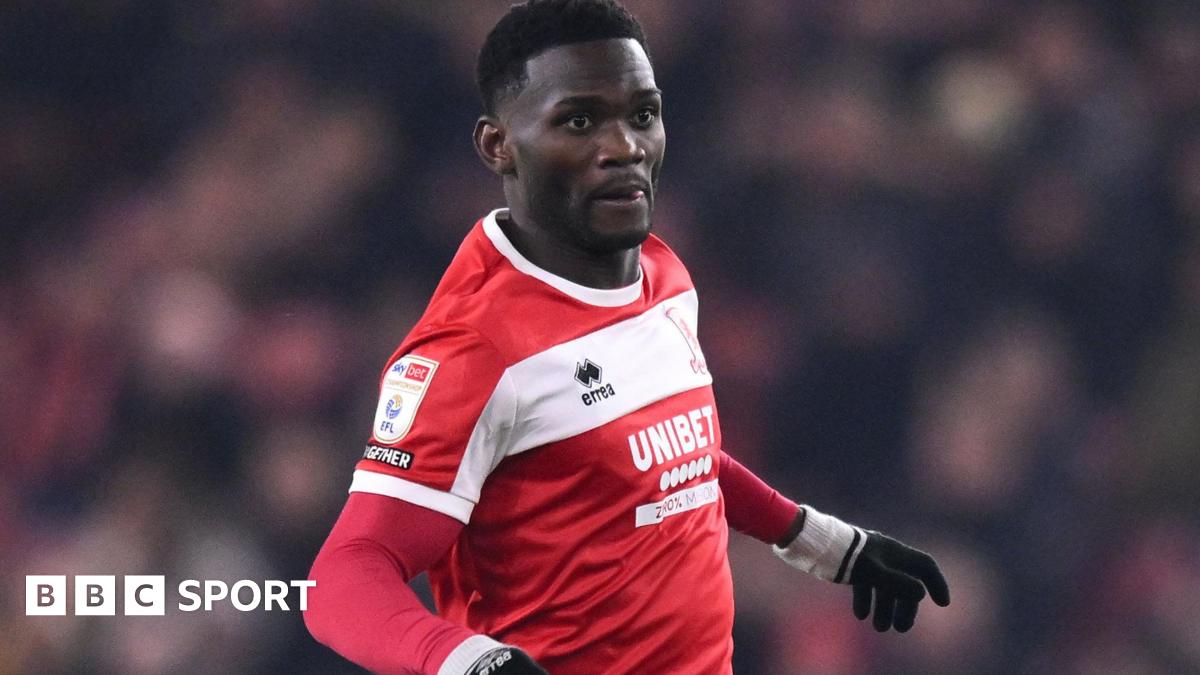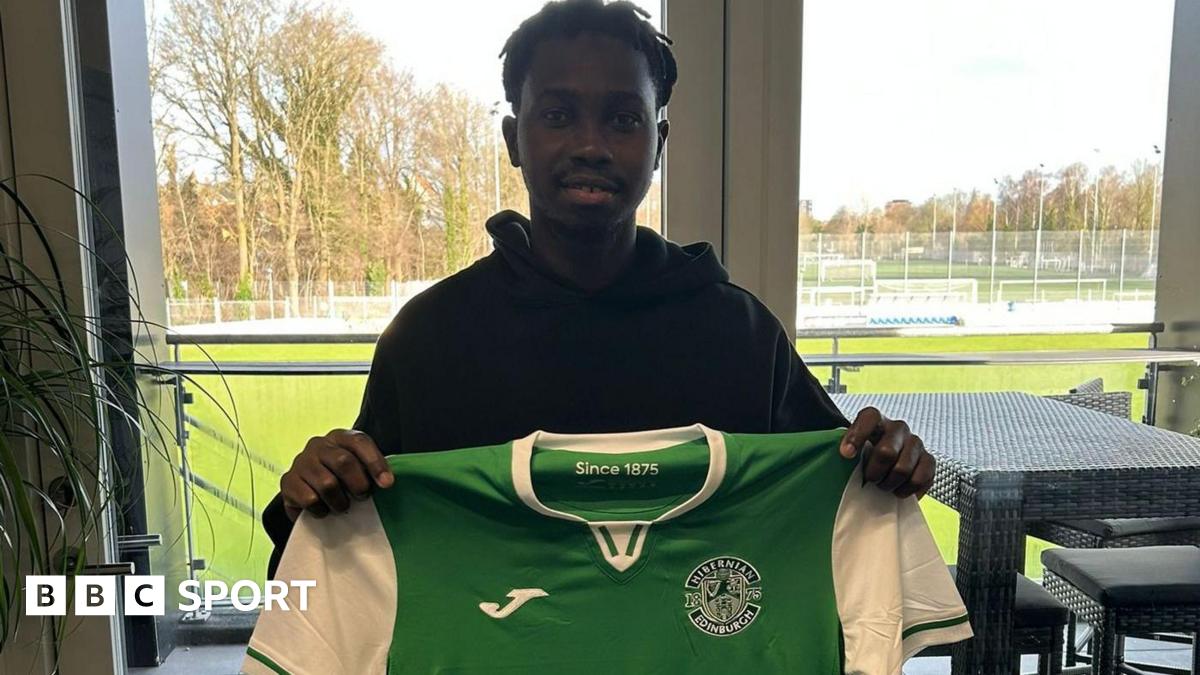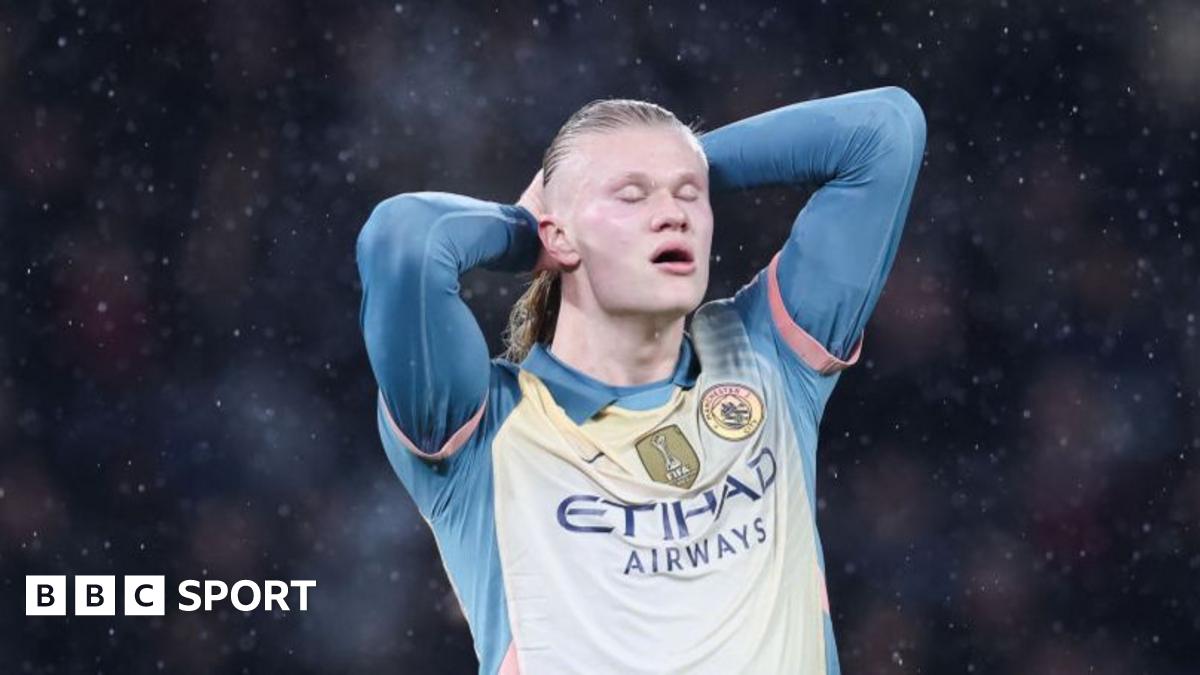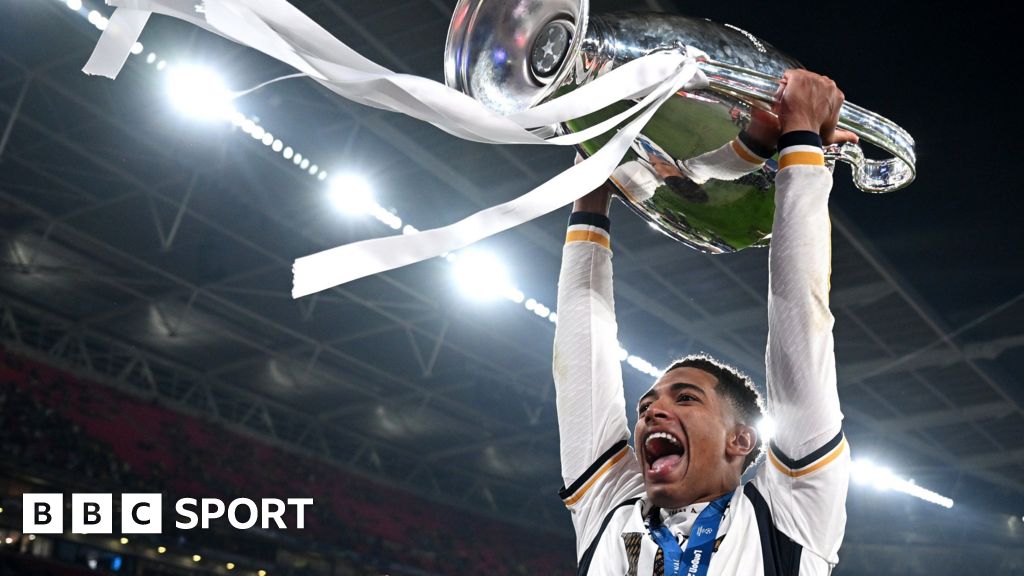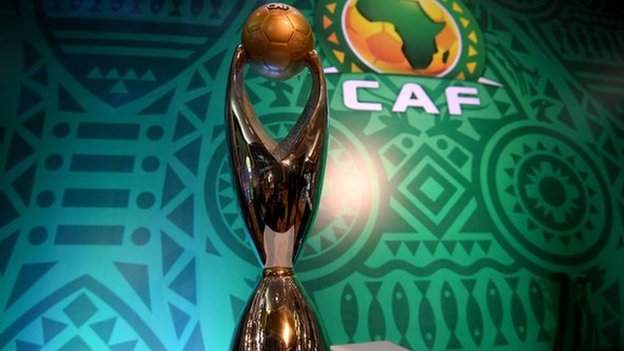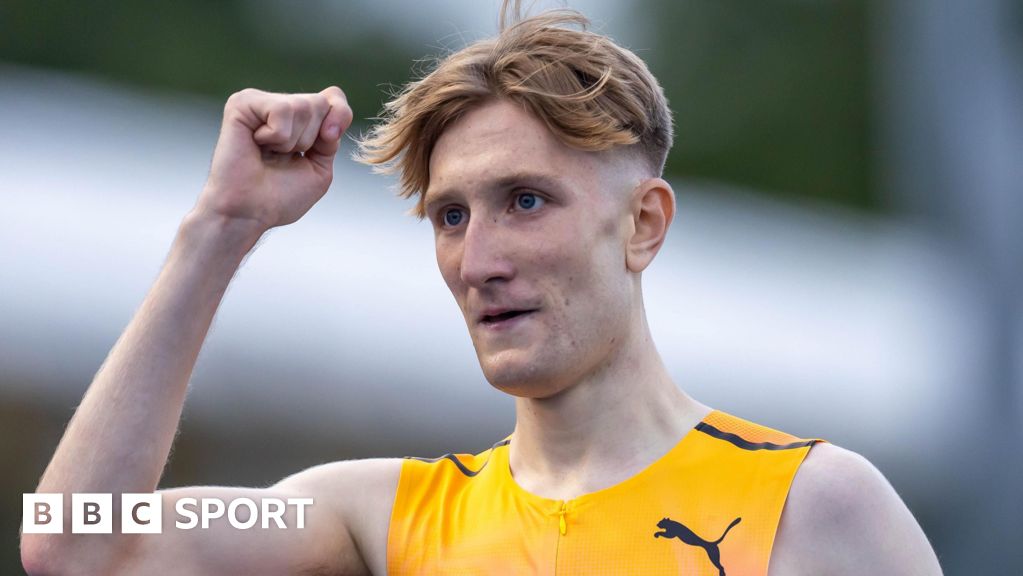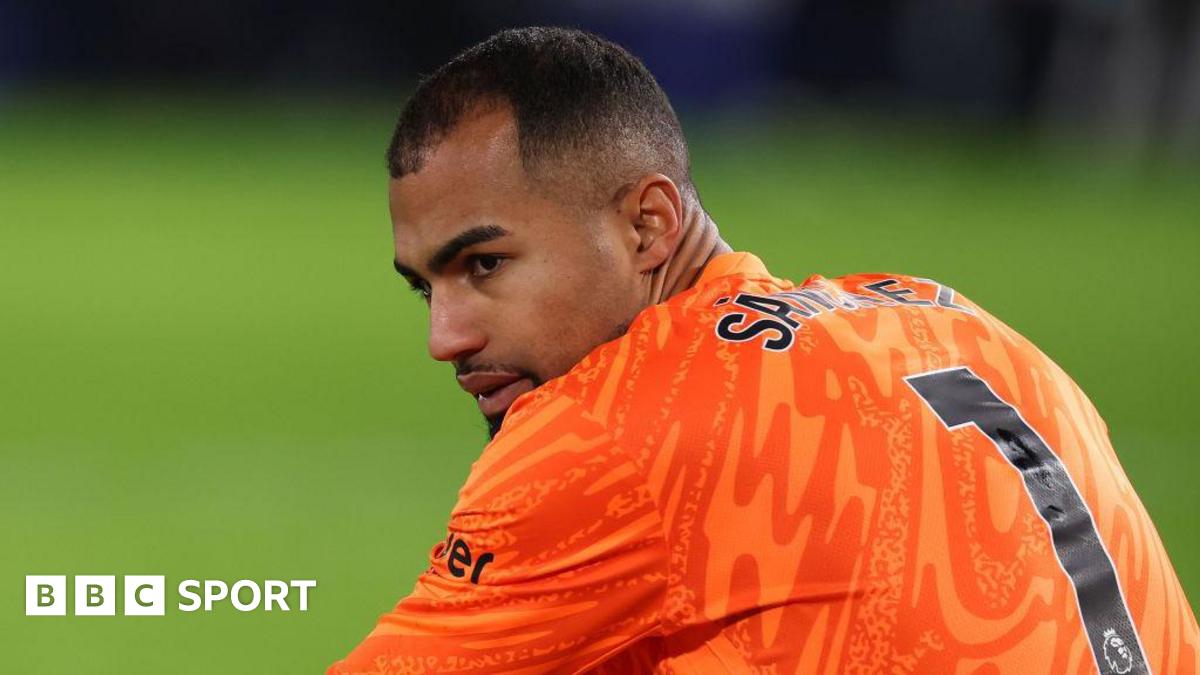That process has led Uganda to cricket’s global stage, where they will compete in a group with co-hosts West Indies, New Zealand, Afghanistan and Papua New Guinea.
They are not the lowest-ranked side in this expanded 20-team World Cup – they are 22nd in the world standings, a place above Canada – but they are the only team appearing at their first major tournament.
Their squad features 43-year-old Frank Nsubuga, an all-rounder who made his debut in 1997 – five years before James Anderson made his international bow.
“Frank loves cricket,” Masaba says. “It is his life and why he has given 25 years to the game.
“I attribute one of the reasons for qualification to wanting to do it for him.”
Opener Simon Ssesazi, whose hero is Chris Gayle and who refers to himself on social media as ‘The Tiger’, is Uganda’s leading T20 run-scorer aged 27.
They also have two young quicks, 22-year-old Cosmas Kyewuta and Juma Miyaji, 21, capable of bowling in excess of 80mph, while no-one in the world took more T20 international wickets in 2023 than their spinner Alpesh Ramjani.
Ramjani, 29, is one of a group of Asia-born cricketers who moved to Uganda for work but have since qualified via the International Cricket Council’s residency rules.
Another, all-rounder Dinesh Nakrani, made his T20 debut for his state in a match that also featured Cheteshwar Pujara. Later that year, he bowled Hardik Pandya in an Under-23s game.
“Uganda is a very open country so these guys have no problem bonding with the team,” Masaba says.
“One of the keys to our success is we have had a core group that has played together for a long time.”
In 32-year-old Masaba, who made his debut in 2011, they have a captain who speaks like a statesman as he assesses the “crazy” few months since qualification, and what might happen next.
“We want to bring a little bit of our culture to the world stage,” he says.
“We intend to carry with us a bit of our Ugandan-ness, which is that we are very happy people, very welcoming, jolly and very energetic.
“That is how we like to play our cricket.”
Masaba speaks of Uganda’s “unique opportunity” to grow the game but is keen to make a familiar plea to the ICC.
“We can only be as good as the teams we play against,” he says.
“That game against Zimbabwe, the closest we get to play a Test nation, was the first time we have played them in 10 years.
“That paints a picture of how hard it is for a nation like Uganda to get quality opposition.”
Masaba’s squad – who were recently awarded central contracts, a rarity for any sport in the country – have had to cram in as much cricket as possible in recent months, around their part-time jobs.
They have travelled to India to play club and state sides and made two trips to Sri Lanka to face developmental XIs. They have been taking more catches, spending more time in the nets and lifting more weights in the gym.
“We have had to adjust as players,” Masaba says. “It has given us a taste of what a professional cricketer’s life should be like.
“I am hoping a couple of guys can put in performances and get picked up by the franchise leagues around the world.
“That would be huge for Ugandan cricket – it could inspire the next generation.”
Masaba isn’t the only one with an impressive boss.
Fourteen Uganda cricketers in the Caribbean have one too.

